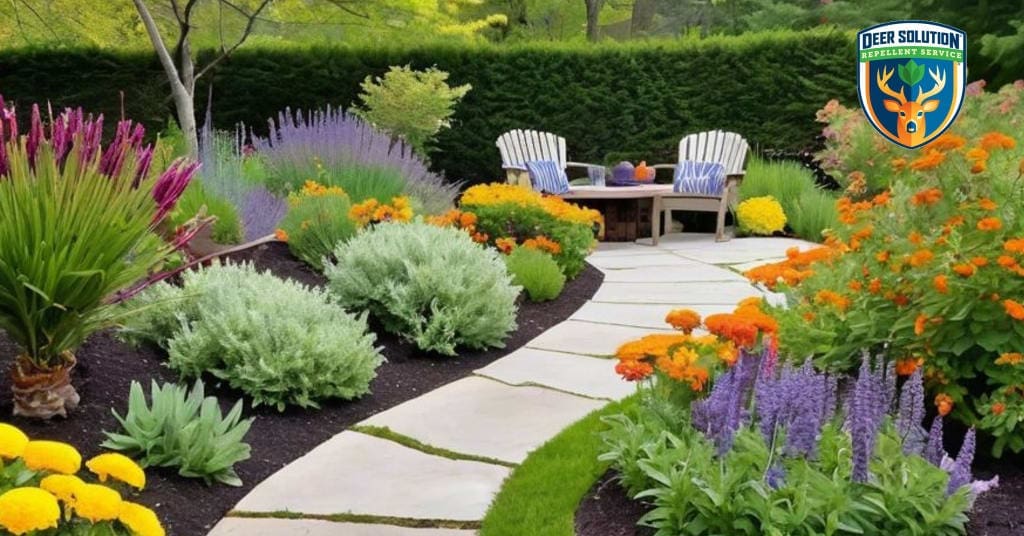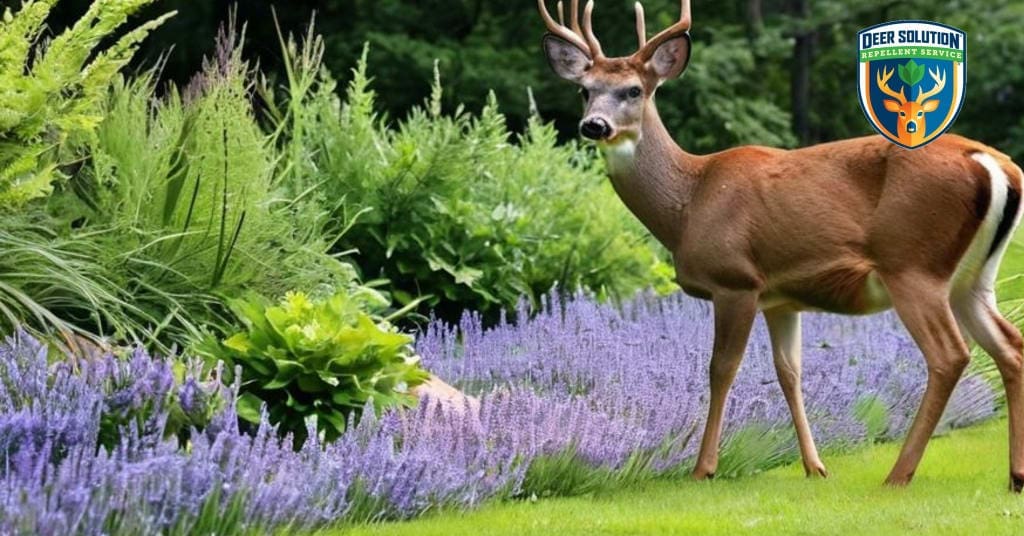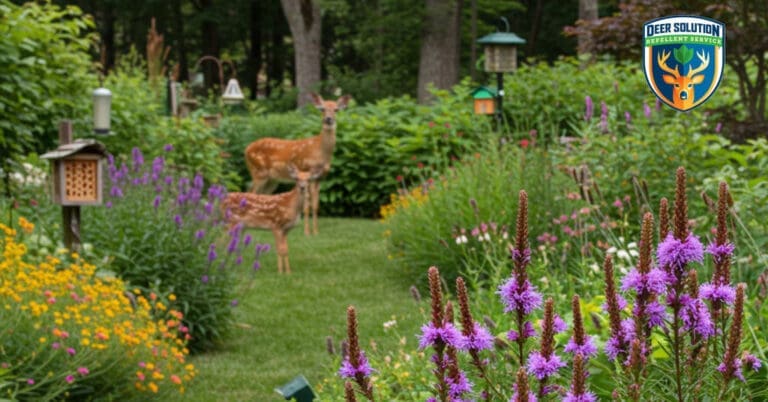Lilies of the Valley are beloved for their delicate, bell-shaped blooms, but gardeners often wonder—do deer eat lilies of the valley? While these flowers add a charming touch to any landscape, their allure might extend to deer as well. Understanding deer behavior and implementing eco-friendly protective measures can help you preserve your garden’s beauty.
Why Deer May Avoid Lilies of the Valley
Deer tend to avoid plants with strong scents or toxic properties, and Lilies of the Valley (Convallaria majalis) fall into this category. These plants contain toxic compounds that deter most animals, including deer, from consuming them. However, during times of food scarcity—particularly in the winter months—deer may still nibble on plants they would typically avoid. While Lilies of the Valley are not high on a deer’s menu, it’s always a good idea to implement protective measures to ensure their safety in your garden.
Companion Planting for Deer Protection
One of the most effective ways to deter deer from your garden is through companion planting. By surrounding your Lilies of the Valley with more deer-resistant species, you can create a natural barrier. Plants like lavender, rosemary, and yarrow are highly aromatic and generally unappealing to deer. These companion plants not only provide protection but also enhance the beauty and fragrance of your garden, offering both practicality and aesthetics.
Creating a Deer-Resistant Garden
Designing your garden with deer protection in mind is key to minimizing browsing damage. Position your most vulnerable plants, such as Lilies of the Valley, closer to your home or in raised beds. Surround these plants with taller, tougher shrubs or deer-resistant plants to act as a natural defense. This layered approach makes it more difficult for deer to access and eat your delicate flowers.
Regular Garden Maintenance to Discourage Deer
Maintaining a tidy garden can greatly reduce deer activity. Remove fallen fruits and regularly prune overgrown plants to minimize potential food sources. Using organic compost or mulch that doesn’t attract deer can also help. A well-maintained garden not only looks its best but also makes it less likely to attract unwelcome visitors like deer.
Achieving a Thriving, Deer-Resistant Garden
By understanding deer behavior and employing a combination of eco-friendly strategies such as companion planting, proper garden design, and regular maintenance, you can protect your Lilies of the Valley from deer browsing. These proactive measures can help create a beautiful, deer-resistant garden that thrives year-round.
For gardeners seeking additional support, professional deer repellent services can provide an extra layer of protection. Deer Solution offers a tailored, all-natural repellent service that fits seamlessly into sustainable gardening practices. By combining your efforts with our expertise, you can ensure that your garden remains a deer-free sanctuary.











